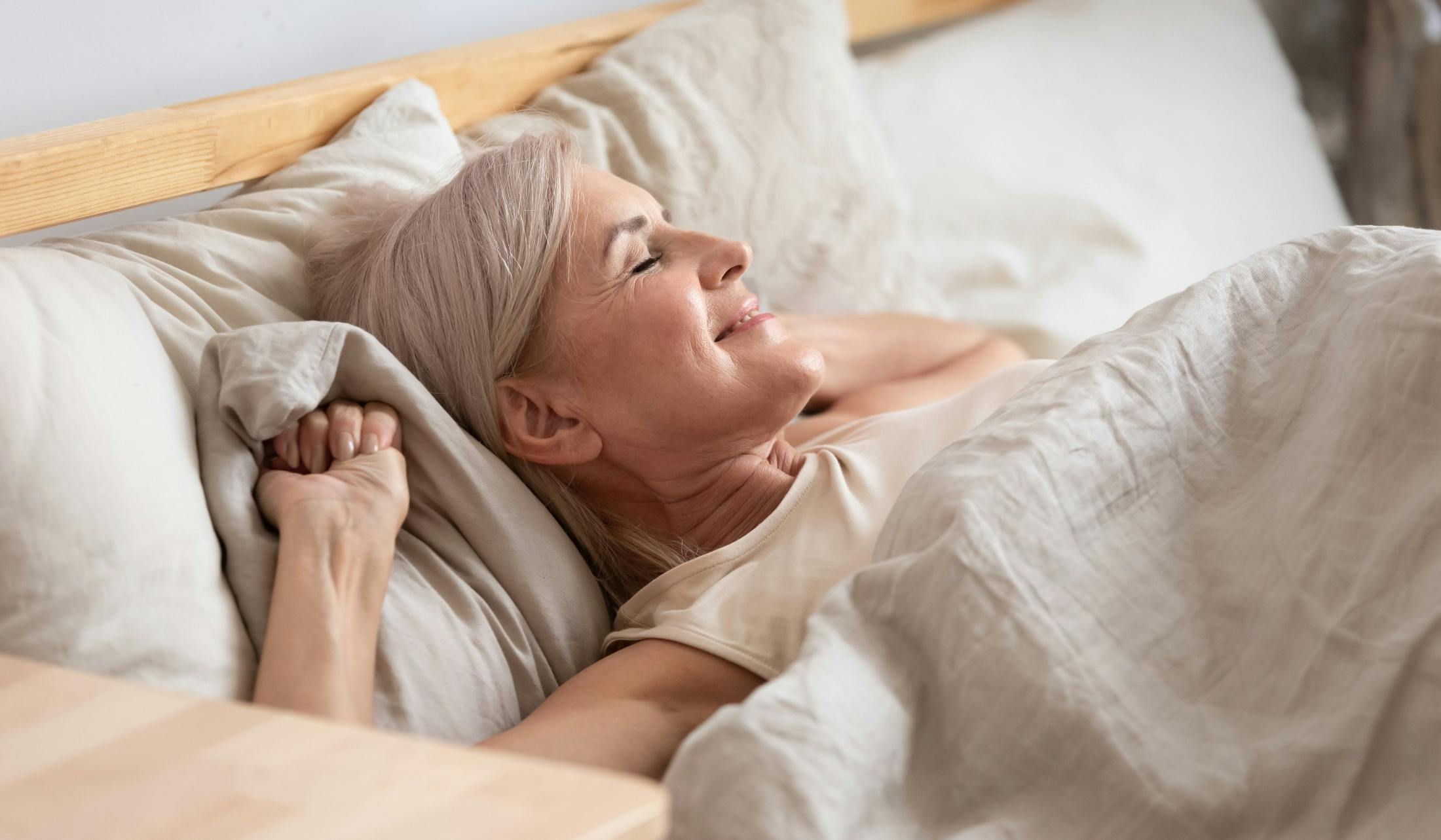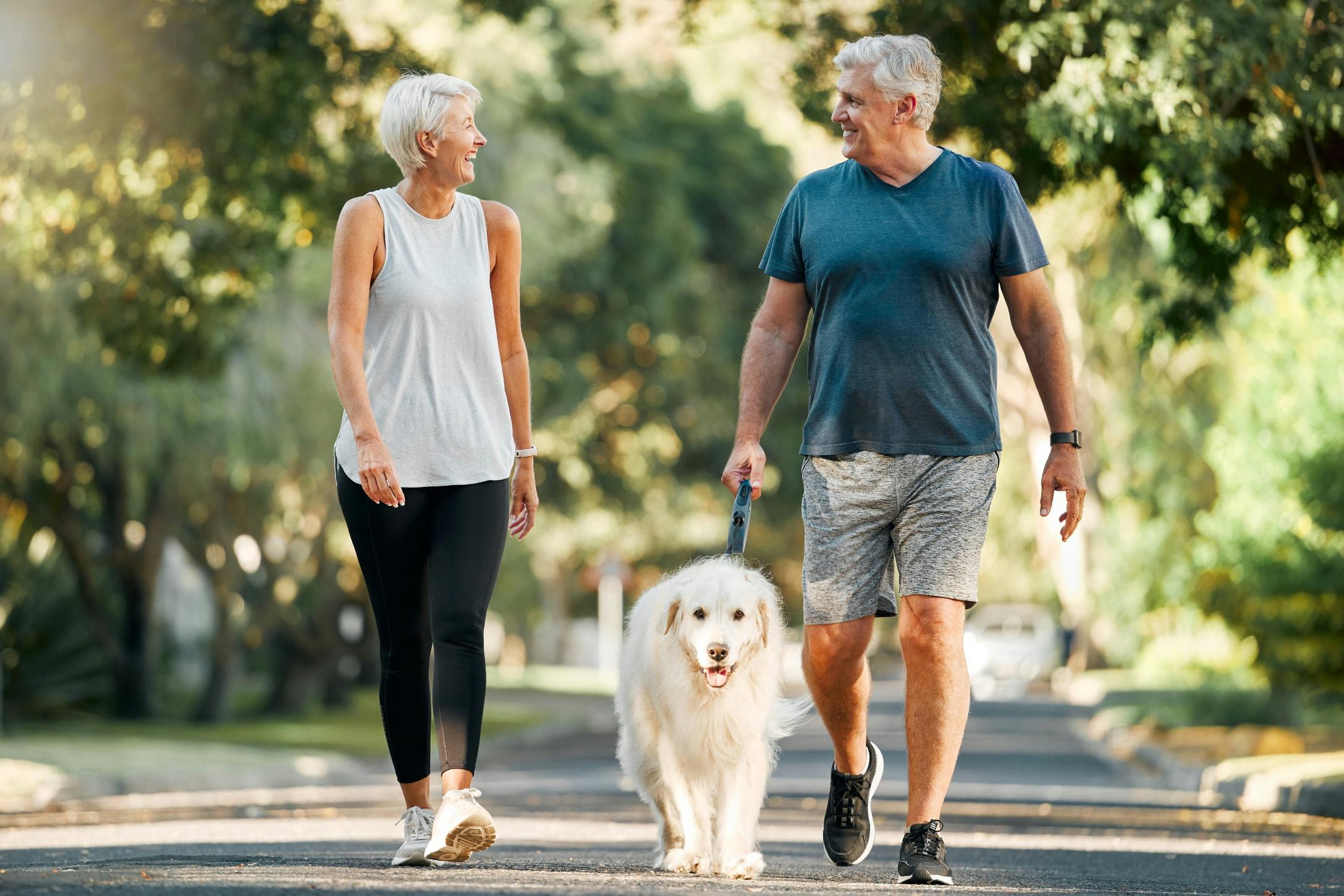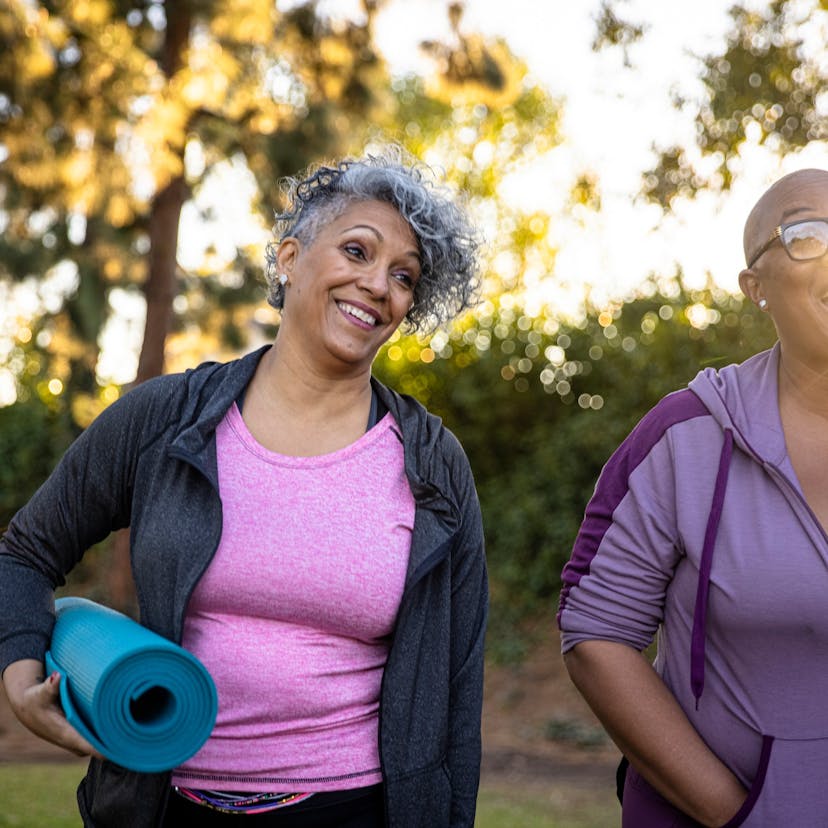Natural Sleep Apnea Remedies
From losing weight and making strategic lifestyle changes to adjusting sleep positions and reducing allergy symptoms, there are a host of ways to reduce apnea episodes.

A serious sleep disorder, sleep apnea is a medical condition characterized by a patient’s upper airway becoming partially or completely blocked during sleep. The obstruction causes the patient’s breathing to become shallow or paused completely. These pauses can last anywhere from a few seconds to several minutes and can occur multiple times throughout the night.
7 Natural Sleep Apnea Remedies that Support Traditional Sleep Apnea Treatments
According to the American Medical Association, roughly 30 million people in the United States suffer from sleep apnea, but only 6 million are diagnosed with the condition. This wildly underdiagnosed health disorder is typically treated with a CPAP machine, which “provides constant air pressure in your throat to keep the airway open when you breathe in.” However, traditional treatments such as this can be supported by natural sleep apnea remedies.
1. Weight Loss
According to the American Medical Association, there is a clear link between sleep apnea and obesity due to a variety of factors, including:
- An increased likelihood of an airway collapse
- Poor sleep
- Increased insulin resistance, which leads to overeating and further weight gain
Medical News Today reported those who carry excess fat in or around the neck are particularly likely to suffer from sleep apnea. Luckily, losing weight can help. According to a 2017 study published in the National Center for Biotechnology Information, a 10-15% reduction in weight can reduce the severity of sleep apnea by up to 50%.
Learn how Medically Supervised Weight Loss can help you lose weight and keep it off.
Popular Health Tips
2. Not Smoking
In a 2022 study, “Association Between Smoking Behavior and Obstructive Sleep Apnea: A Systematic Review and Meta-Analysis,” published in Nicotine & Tobacco Research, researchers confirmed the clear link between smoking and sleep apnea occurrence. While further research into the correlation between smoking and sleep apnea still needs to be conducted, we know smoking results in a variety of undesirable side effects that impact a patient’s ability to breathe, including:
- Cough
- Shortness of breath
- Reflux
- Dry throat
- Nasal congestion
- Snoring
- Nasal discharge
3. Skip Alcohol
Alcohol has been shown to relax muscles, reducing the force they produce. In 2019, the Journal of Musculoskeletal and Neuronal Interactions published a study looking at the impact of alcohol consumption and muscle strength. It found that alcohol consumption resulted in a decline in muscle strength.
4. Keep Allergies at Bay

Picnics in the park? Grassy baseball fields? A hike through the flowers? Natural remedies to allergies can help reduce symptoms and promote a better night's sleep.
Allergy suffers frequently experience a reduction in airflow caused by swelling and fluid buildup. In a 2017 study, researchers found roughly 27% of those with sleep apnea also suffer from allergic rhinitis. Over-the-counter allergy medications and nasal decongestants can temporarily offer relief. You can also naturally relieve seasonal hay fever through a variety of non-invasive, non-chemical remedies.
Discover five natural ways to relieve allergies naturally.
5. Practice Side Sleeping
Back sleeping makes patients substantially more likely to snore and heightens the effects of sleep apnea. Side sleeping can reduce the chance of snowing, helping to keep airways open. For patients who struggle to sleep on their side, sleeping pillows can help them maintain a side position that reduces the likelihood of rolling onto their back while asleep.
6. Sleep on an Angle
In addition to side sleeping, sleeping on an angle can help reduce snoring and the number of apnea episodes. How much of an angle? Some incline is better than none, but according to a 2012 research study, the optimal incline is 60%.
This incline is most easily achieved by sleeping in a bed or chair with an adjustable bed. It can also be achieved with a body wedge that can help raise a patient’s torso and keep their head elevated.
7. Play the Didgeridoo

Playing the didgeridoo has been shown to strengthen breathing muscles and reduce sleep apnea episodes.
Don’t laugh. This natural remedy is unusual at best. But in a 2005 study that looked at 25 participants, researchers found those who played the didgeridoo had fewer apnea episodes.
What is the didgeridoo? It’s an Australian wooden wind instrument requiring a unique breathing technique. This technique is known for strengthening the upper airway, which may be why it helps reduce apnea episodes.
How Does Obesity Contribute to Sleep Apnea?
The muscles throughout the body relax during sleep, including the throat and tongue. According to Dr. Rohit Budhiraja, a pulmonary and sleep specialist at Harvard-affiliated Brigham and Women's Hospital, "Sleep apnea causes the muscles in the back of the throat to collapse, which leads to pauses in breathing that wake you up again and again.”
Excess weight can exacerbate this issue by increasing the tissue surrounding the airway, making it more likely to collapse during sleep. Fat deposits around the neck and throat can also place pressure on the airway, making breathing more difficult.
Can Weight Loss Really Help Reduce Sleep Apnea Episodes?
Body Mass index (BMI) is not the gold standard for determining health, but it can be used as a general baseline. A patient’s BMI number represents the percentage of body fat. According to the Center for Disease Control (CDC), BMI is broken down into the following categories:
- Below 18.5 - Underweight
- 18.5-24.9 - Health Weight
- 25 - 29.9 - Overweight
- 30 + - Obese
Penn State takes this definition a step further and adds in that those with a BMI of 40 or more are considered morbidly obese. While losing weight isn’t a silver bullet for sleep apnea sufferers, there is a consistent correlation between weight loss and reduction in sleep apnea episodes.
In fact, a 2017 review of sleep apnea patients who also have diabetes found that even a modest weight loss of 5-10% can significantly reduce the number of episodes.
Will Reducing Sleep Apnea Episodes Promote Weight Loss?
What came first, the chicken or the egg? It’s an age-old question. And in the case of sleep apnea and weight loss, there’s no study that confirms one is more important than the other among sleep apnea sufferers.
But a randomized clinical trial released in 2022 does show a direct correlation between sleeping more and losing weight. Researchers found that participants who slept 1.5 hours more a night consumed 150 fewer calories a day. These participants also benefited from:
- More energy throughout the day
- Increased alertness
- Improved mood
But the key was to actually sleep more. What we can deduce from this study is that when sleep apnea episodes are reduced, allowing a patient to sleep more, they are more likely to lose weight.
How Does a Patient Know If They Have Sleep Apnea?

Losing weight doesn't have to be a slog. With the right support and guidance, patients can shed excess body weight and keep it off for good.
One of the primary issues sleep apnea sufferers face is that they are unconscious of their condition. The episodes happen while they are asleep. Confirming a sleep apnea diagnosis typically requires seeing a sleep medicine specialist for testing and diagnosis. However, a thorough review of sleep apnea published by The New York Times outlines the following questions a sleep sufferer would want to consider if worried about sleep apnea:
- Are you a loud or regular snorer?
- Have you ever been observed to gasp or stop breathing during sleep?
- Do you feel tired or groggy when you wake up? Do you wake up with a headache?
- Are you often tired or fatigued during the day?
- Do you fall asleep while sitting, reading, watching television or driving?
- Do you often have problems concentrating or remembering things?
Additional health conditions that could indicate a patient is suffering from sleep apnea:
- Daytime sleepiness
- High blood pressure
- Insomnia or frequent awakenings
- Sore throat upon waking
- Frequent morning headaches
- Daytime grogginess
- Difficulty concentrating
- Forgetfulness
Medically Supervised Weight Loss Support
Our Medically Supervised Weight Loss Program isn’t a one-size-fits-all approach to losing weight. We work closely with each patient to help them address the underlying causes of their weight gain, achieve their goals, and promote long-term success.






